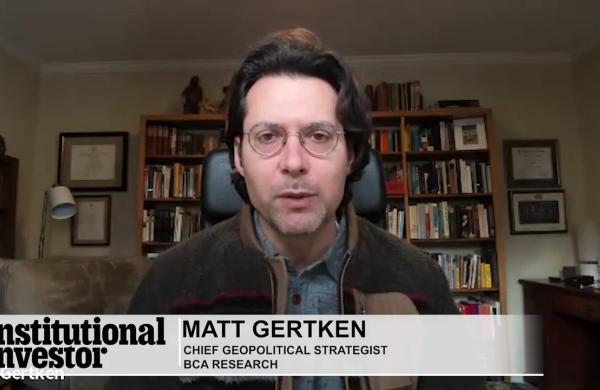Increased regulatory emphasis on the fixed-income market has firms scrambling to anticipate what they feel will be a wave of increased scrutiny. Broker/Dealer officials at The Bond Market Association-sponsored legal and compliance conference in New York last week said regulators are increasingly applying standards from the equities market to the fixed-income market, a transition that has compliance departments working overtime to keep up, said Rose-Anne Richter, executive director of fixed-income compliance at Morgan Stanley. "We have put together an entire team," she told delegates.
Until the recent 15-minute disclosure requirement for fixed-income transactions took effect in January, regulators had little control or information about the market, Securities and Exchange Commission member Annette Nazareth told the conference. The Municipal Securities Rulemaking Board's Real-Time Transaction Reporting System (RTRS), which posts reports within 15 minutes of the time of trade execution, gave regulators a tighter control of the fixed-income market. "We see all the trades," Nazareth told Compliance Reporter, a CIN sister publication. The NASD's Trade Reporting and Compliance Engine (TRACE) "allows us to see any inappropriate activity...Now we will enjoy the benefits of it."
The amendment to NASD Rule 6250, which required TRACE disclosure, allows regulators to better detect insider trading, markup schemes and best execution practices in the fixed-income market, Nazareth said. "Historically, markup investigations were sparked by investor complaints," Stuart Wexler, first v.p. at Merrill Lynch, told delegates. "With TRACE there is a whole record trail for regulators to bring an enforcement [action]."
Regulators are increasingly holding the fixed-income market to the same regulatory standards as the equities market, Richter said. "There does seem to be the feeling that if it works for the equities side, it can work for the fixed-income side," she said, adding that enforcement actions are forthcoming. Rules 3012 and 3013, which mandate that firms must report on their supervisory procedures and certify their compliance processes, both apply to the fixed-income market and are a "deliberate effort" to increase regulatory control over it, she said.
David DeMuro, director of global compliance and regulation at Lehman Brothers, told delegates they are likely to be subject to NASD investigation into firms' fixed-income transaction disclosures. "If your firm is not being investigated now...you should feel left out," he said. Last November, the NASD imposed its largest ever fixed-income related fine of $1.4 million against State Street Global Markets for charges that it failed to report thousands of corporate bond trades to TRACE and hundreds of municipal bond trades to the MSRB over a 17-month period.




